1st Advent Simulation: A Räuchermännchen CFD Simulation

Now you might wonder about the title. Is he really going to do a Räuchermännchen CFD simulation a day until Christmas? However, it’s not 1st December yet, so is he cheating?
That’s pretty much how my colleague, Debbie, reacted when I said that I wanted to release my Advent post on Sunday 29th November. And that perfectly demonstrates the reason for this 4-part blog series. Debbie is from the UK so it surprised me that she was unaware of the 4 Advent weekend ritual. Even though the UK is a Christian country, the multi-cultural nature of the country might make such rituals or traiditions already vastly different or unknown. To briefly explain the 4 Advents as we apparently in Germany (and maybe other counties as well) have…
The 4 Advents
The 4 Advent weekends don’t really have anything to do with the Advent Calendar where you open a door a day until you reach Christmas on the 24th. I said “don’t really” because you still kind of celebrate getting closer to Christmas, but in a different way. The Advent weekends are the 4 weekends before Christmas, or more precisely, the 4 Sundays before Christmas. This year those are 29th Nov., 6th Dec., 13th Dec. and 20th Dec. On those days we light a candle on a nicely decorated wreath often made from some fir tree twigs that has 4 candles placed around its circumference. To see some examples, simply search for “Advent wreath” on Google and you’ll find plenty of images. Now since I’m not religious at all, that’s about all the tradition means to me, but there is a whole lot more to it of course since it is leading into Christmas. Advent comes from the Latin “adventus” which means “coming” or “arrival” and obviously refers to the arrival of Christ in the Christian religion. For me, it is just a very nice ritual that makes the evening feel more romantic and nostalgic.
Why am I posting about this?
Our cultural differences can become a fascinating topic to share with family and friends over dinner. I also want to bring you closer to some rituals or traditions of my own country (Germany) as well as a few from other colleagues. Some might have their origin in religion, some in just local cultural origins or even just a family ritual during the final month of the year leading into the holiday season and the New Year’s festivities. I’d also like to encourage you to join me and show us your cultural, religious or family traditions in a simulation way. I would love to know where the tradition comes from and what it means to you, your family, culture or religion. I believe there are many things we don’t know about from other cultures that are either beautiful or maybe even strangely close to our own rituals and traditions. And since we are simulation engineers, let’s do it in a fun way to show off our simulation skills 😉
And to get you started with some ideas, how about a Nutcracker FEM simulation, the lighting of candles, optical simulation of a lit Christmas tree or an FEM simulation of a gingerbread house (how high can you build it). Have a go and show off your rituals or traditions for the holidays or any similar non-Christian festivity.
To get us started, here’s my tradition for this week…
The Räuchermännchen CFD Simulation
You may be familiar with the Räuchermännchen as it is some local cultural object similar to the cuckoo clock. While the cuckoo clock is related to a region near my birthplace, the Black Forest, the Räuchermännchen comes from a region in the east of Germany which was once the former DDR (East Germany), but is much older than that. It was first mentioned in 1830 and its manufacturing and use has a strong cultural bond in the region of the Ore Mountains (Erzgebirge) which is along the German-Czech Republic border in the state of Saxony.
It is a wooden figure that is usually made of two parts with a small plate or holder in the lower part where you put a cone incense (Räucherkerze), similar to an incense stick, then light it and place the top part on top of it. There are usually 2 small openings when closed at the bottom part where the air can flow in and being heated by the cone incense, it will rise inside the top part through a hole in the figure’s mouth out of the figure and it looks as if the figure is smoking. Hence the name Räuchermännchen which translates as “Smoking Figure” but also is often translated as “Incense Smoker”.
The cone incense burns down like a glowing piece of charcoal and emits the smoke and is available in various incense flavors and sizes. The Räuchermännchen is typically used during the holiday season in Germany and you’ll find them in various styles from a forest ranger, snowman to Santa Claus (such as in my example). But also some funny designs like firefighters or the latest edition – the Christian Drosten, which is kind of the German equivalent to Anthony Fauci with regards to its media presence and role during the COVID-19 crisis. The Räuchermännchen has no religious background to it itself. Before using figures, people simply had the incense cones lit without a nice figure to hide it and look nice.
The model was created with Solid Edge 2021 and the simulation shows the Räuchermännchen CFD simulation run with Simcenter FLOEFD for Solid Edge. And no, I’m not bad at modeling. These figures are that simple as you can see from the link above.
With that, what is YOUR holiday ritual or tradition?
Share it in a simulation way with some insights on its origins for us all to learn more about it and use the #AdventSimulation so we can all follow it on social media.
And watch out for the coming 3 Advent posts each week, to perhaps discover some new rituals and traditions that you had never known of before.
Take a look at the rest of this series:
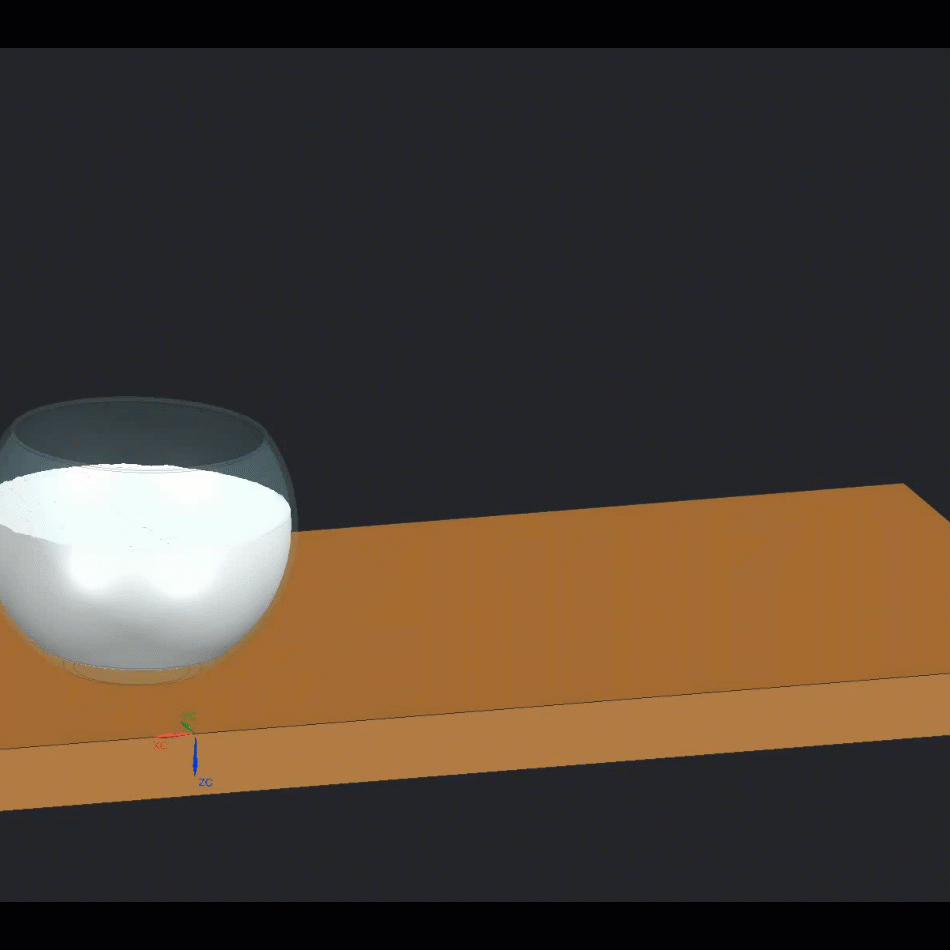
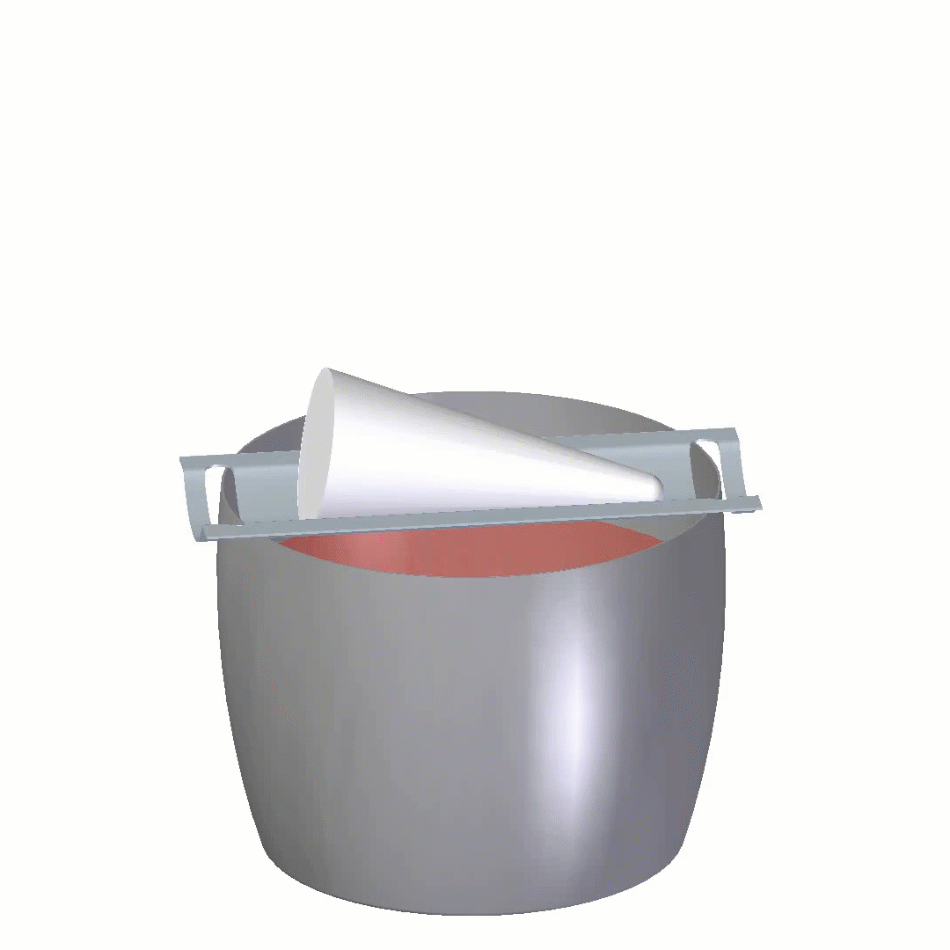
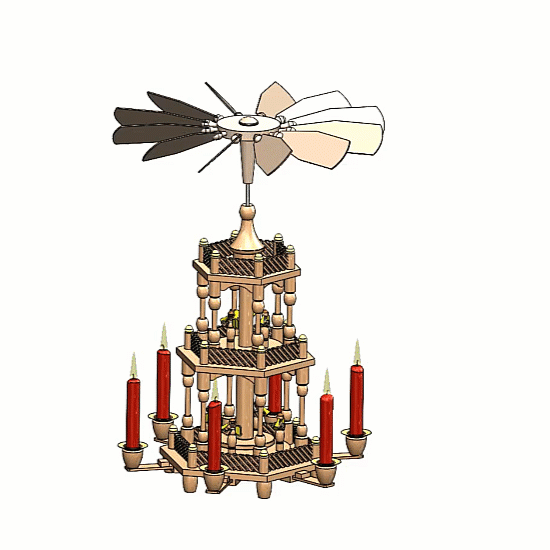
Comments
Comments are closed.

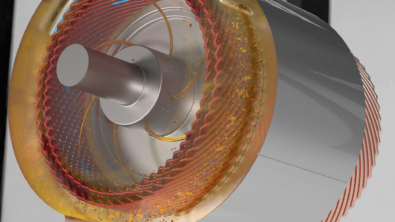
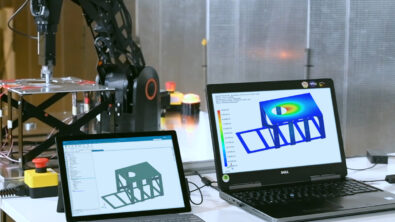
I know, It’s summer. But we always use the incense smokers in the summer to chase away mosquitoes. 🙂
https://www.original-seiffener-volkskunst.de/raeucherfigur/design-raeucherfiguren/raeucher-grill_589_2863/
I am already looking forward to Christmas. Even if it is still a long time until then.
Lars
Thank you for sharing. I haven’t used it for that purpose yet 🙂
But then, probably a less Christmas-looking incent smoker than the one I used would fit better.
Regards,
Boris